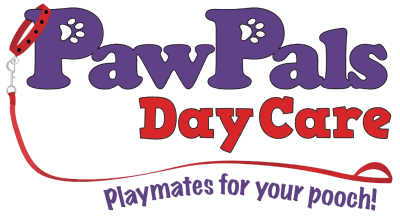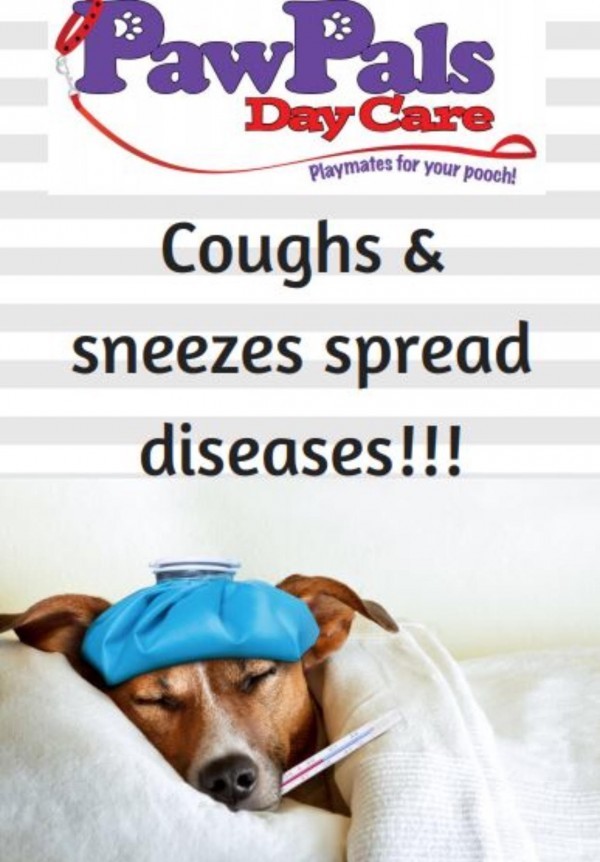The infamous ‘Kennel Cough’!
“Canine cough” or “kennel cough” is the common name for Canine Infectious Respiratory Disease (CIRD) and Canine Infectious Tracheobronchitis.
The disease can be viral, via the canine parainfluenza virus or it can be bacterial via Bortadella bronchiseptica or it can be from a combination of both the infectious agents which causes inflammation and irritation to the lining of the windpipe (trachea) and bronchi of the lungs (tracheobronchitis). The damage caused by the agents to the tracheal lining is fairly superficial, however, leads to exposed nerve endings in the windpipe, causing irritation from the airflow over the area triggering the coughing reaction.
Like the human cold, canine cough is transmitted via airborne particles inhaled when a dog coughs or sneezes, or through direct contact such as licking or playing with other dogs or playing with a toy from an infected dog.
Clinical signs of the infection can appear anything from 3-10 days after exposure which means your dog can actually pass on the infection to other dogs unaware to all involved! Symptoms include a dry, coarse, hacking cough sometimes combined with gagging that usually intensifies after exercise, excitement or pressure on the throat region. Symptoms can last from a few days up to three weeks in serious cases.
Vaccinating against canine cough is extremely important if you plan to have a social lifestyle for your dog where the likelihood of coming into contact with an infected dog is increased. This includes visiting dog parks, attending training classes, putting your dog in kennels or going to day care (all the fun stuff!)
The canine cough vaccine is the C5 non-core vaccine, covering the parainfluenza virus and Bortadella bronchiseptica which can be given by your vet as an injection or intranasally in addition to the normal annual vaccines.
You might be thinking, well if my dog is vaccinated, why can he still get sick??
The innate immune responses (these are nonspecific mechanisms that are activated to destroy invaders within hours of an infectious agent presenting itself) provide the first line of defence against the virus or bacteria. Once these are overrun, adaptive mucosal immunity influenced by the vaccine is initiated to prevent infection and limit the spread of the infection.
Current vaccinations only target some of the agents associated with canine cough as different strains develop yearly (similarly to the human cold and our flu jab) therefore, sterilising immunity is not induced. However, having the vaccination, infection rates, the duration of the dog being sick and the severity of the disease have been proved to be considerably reduced.
I think my pooch may have canine cough….
If you suspect your dog has canine cough, it is in everybody’s best interest to keep them away from other doggy buddies as it is highly contagious. If your dog has been around other dogs, we recommend that you advise their owners so they can keep a close eye on their dogs of any potential symptoms arising. It is also advised you seek veterinary advice if you see fit.
Article written by
Giulia Szabo
One of the #pawpalsgals

